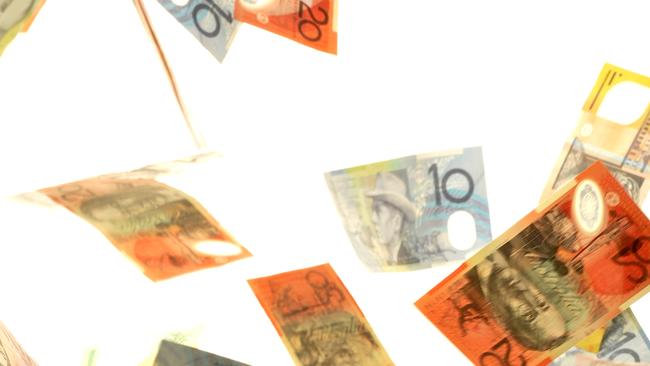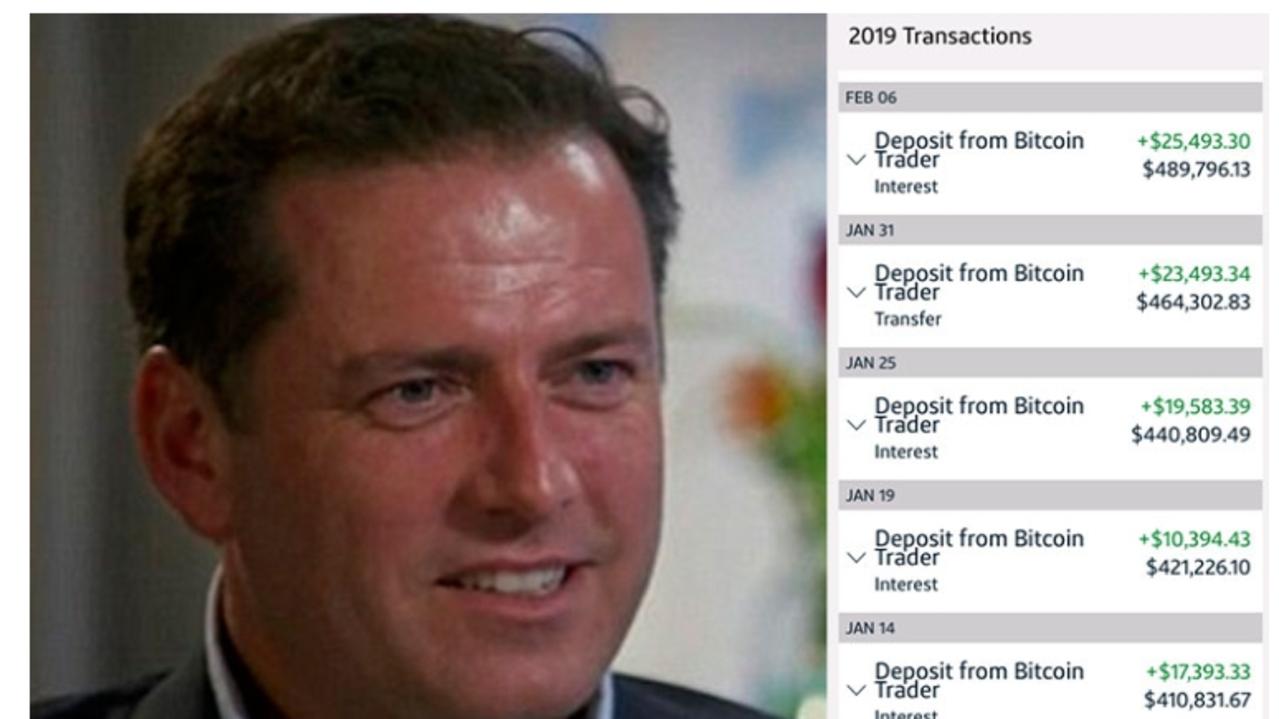ASIC is stealing your money: Find out how to get it back
THE federal government agency meant to locate owners of $1.2 billion of “unclaimed” money no longer has time to do so.

Public Defender
Don't miss out on the headlines from Public Defender. Followed categories will be added to My News.
THE federal government agency meant to locate owners of $1.2 billion of “unclaimed” money no longer has time to do so because it has been overwhelmed by Bill Shorten’s decision to snatch more dormant dosh.
Not so long ago Australian Securities and Investments Commission (ASIC) staff would congratulate each other for returning — at no charge — more lost cash than money recovery agents, who take as much as 25 per cent of the amount found.
GOT A LEGAL QUESTION? LIVE BLOG WITH BRYDENS LAYERS @1PM
In 2009-10, ASIC proactively returned nearly $10 million. Money recovery agents returned just $7.8 million. Individuals doing their own digging found $9 million.
But figures obtained by The Daily Telegraph under freedom of information laws show that in 2013-14 ASIC did not return a cent.
Meanwhile, those greedy money recovery agents located nearly $5 million, generating hundreds of thousands of dollars in fees.
The reason ASIC has stopped seeking out the rightful owners of lost cash is it has been overwhelmed by the former Labor federal government’s December 2012 decision to snatch inactive bank accounts and life insurance policies after three years, not seven.
The change, made while Mr Shorten was financial services minister, was designed to reap a net $93 million in 2012-13 as part of Labor’s ultimately unsuccessful bid to get the Budget back in the black. The value of bank accounts and life policies sent to ASIC in 2012-13 soared 687 per cent to $551 million.
Almost all of this increase was due to the three-year rule. Last financial year ASIC grabbed another $146 million from bank accounts and life policies, more than double the amount prior in 2011-12.
It is now holding $1.2 billion of unclaimed cash, once share dividends are included.
After the three-year rule was announced, ASIC had to redirect staff who had been locating owners.
First, it was to apply the time frame change then to deal with the consequences — the number of claims in 2013-14 was 1380 per cent higher than 2011-12 levels (38,500 v 2600). The explosion likely occurred because most of those people hadn’t lost their account at all. They just hadn’t touched it.
“We cannot find the resources to be free from the amount of claims we are receiving,” ASIC’s unclaimed money spokesman Warren Day said.
Mr Shorten’s office referred inquiries to Labor’s financial services spokesman Bernie Ripoll, who said: “ASIC has dropped the ball here and the (Finance) Minister (Mathias Cormann) needs to put a rocket up them.”
Unclaimed money held by ASIC for the federal government can still be retrieved through the ASIC website.
IN half an hour I managed to return nearly $6000 of unclaimed money.
About $3300 was to Abigail Denham-McQuillen. The money owed to Mrs Denham-McQuillen relates to shares in Insurance Australia Group, the sharemarket-listed company that was once the mutual NRMA.
For many people, IAG shares are their own stockholding because they were gifted them simply for being members of the mutual.
IAG has more than 730,000 holders of small share parcels.
Ms Denham-McQuillen’s holding became unclaimed because she moved but did not update her address with IAG’s share registry manager, Computershare. A very grateful Mrs Denham-McQuillen is now in the process of determining whether the unclaimed money is dividends or shares. If the unclaimed money is dividends then she will also seek out her shares, which are likely to be worth even more. Mrs Denham-McQuillen said she expected ASIC to seek out people who are owed money.


